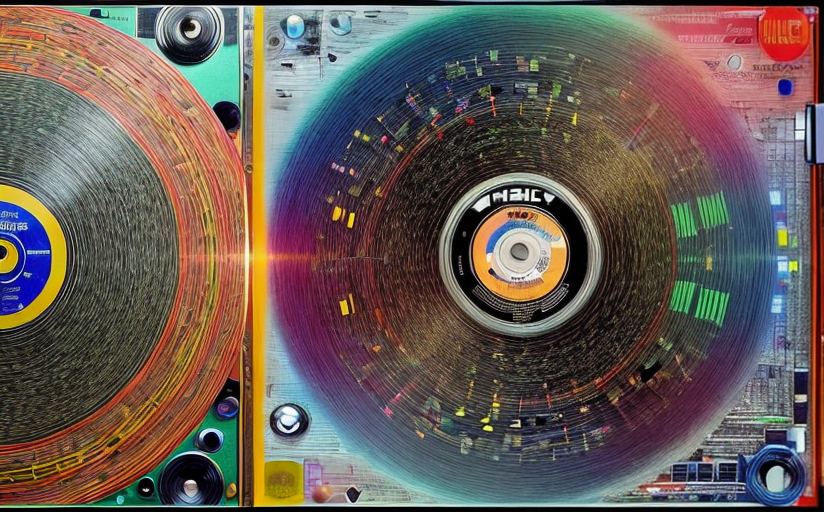Music Industry in the Digital Age: Transformation, Challenges and Prospects
Introduction: The Digital Shift
The advent of digital technology has redefined the music industry’s landscape, impacting how music is created, distributed and consumed. Specific developments that marked this transition will be discussed here. Our journey begins with the introduction of digital audio technologies and progresses through the rise of online music streaming platforms, social media, and mobile apps. We shall also embrace thoughts about the intriguing future of music that lies ahead of us.
Digital Audio Technologies
Marking the start of the revolution was the introduction of digital audio technologies such as the Compact Disc (CD). CD's, introduced in the 1980s, offered a significant leap in audio quality from previous vinyl records and cassette tapes. Moreover, digital sequencers and audio workstations have allowed for more efficient and innovative music production.
Online Music Streaming
The advent of online music streaming changed the soundscape dramatically. Pioneered by platforms like Napster in the late 90s, the concept of streaming music online quickly gained traction. However, the modern streaming landscape was really transformed by platforms like Spotify and Apple Music, which made millions of songs available on-demand.
Impact of Social Media and Mobile Apps
Social media has reshaped the music industry. Artists now directly interact with their fanbase, making music a more personal experience. Platforms like YouTube have made it possible for independent artists to showcase their talent widely. Additionally, music apps like Shazam have further revolutionised the way songs are discovered.
Pros and Cons of the Digital Revolution
While digital technologies have democratized music, making it more accessible, they also come with their set of challenges. For instance, issues such as illegal downloads, streaming royalties, and oversaturation of music content have emerged. On the brighter side, artists can reach global audiences effortlessly, further opening streams for revenue.
Trends Shaping the Future
As we look into the future, we see trends shaping the music industry such as immersive audio experiences, spatial audio, AI-generated music, and blockchain technology for rights management. These define the future of the music industry built by digital transformation.
Conclusion
The digital revolution continues to reshape the music industry, bringing both challenges and opportunities. As technology evolves, the music industry must adapt to continue to create, distribute, and monetize music in the digital age effectively. There's a fascinating journey ahead, and we're all invited to join the ride.


















Comments
Leave a Comment